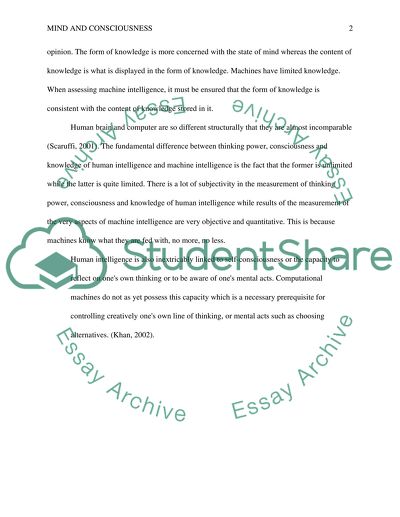Mind and Consciousness Essay Example | Topics and Well Written Essays - 500 words. Retrieved from https://studentshare.org/philosophy/1579213-mind-and-consciousness
Mind and Consciousness Essay Example | Topics and Well Written Essays - 500 Words. https://studentshare.org/philosophy/1579213-mind-and-consciousness.


